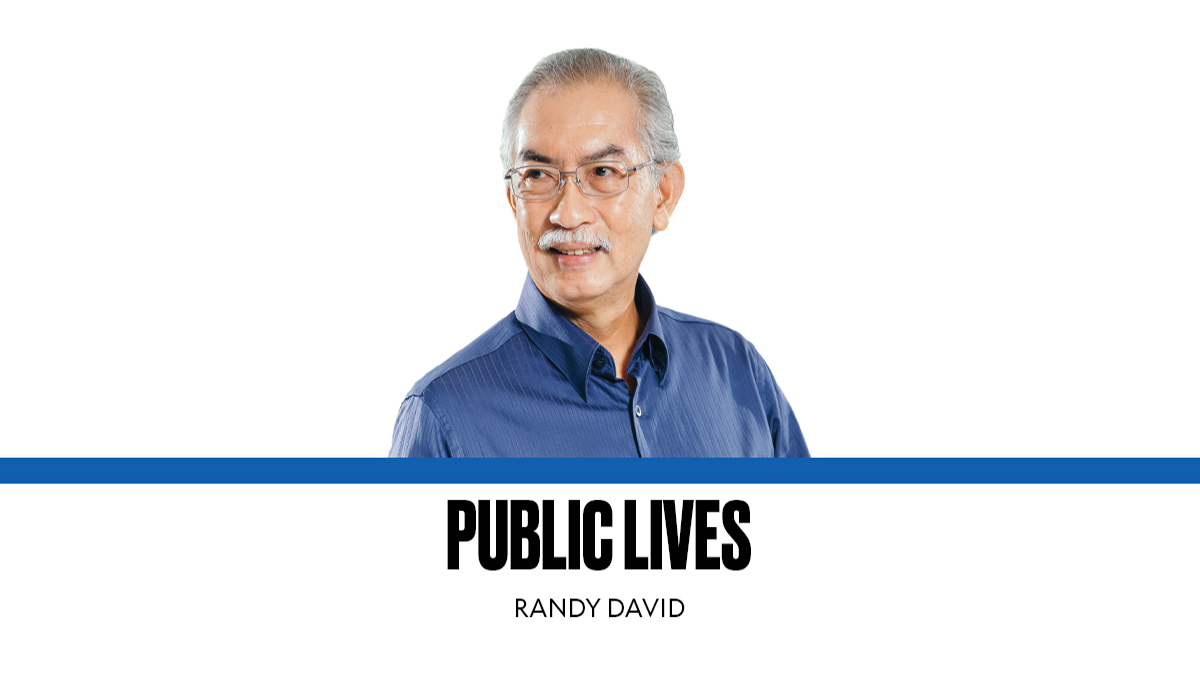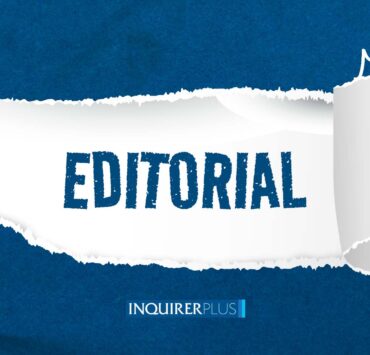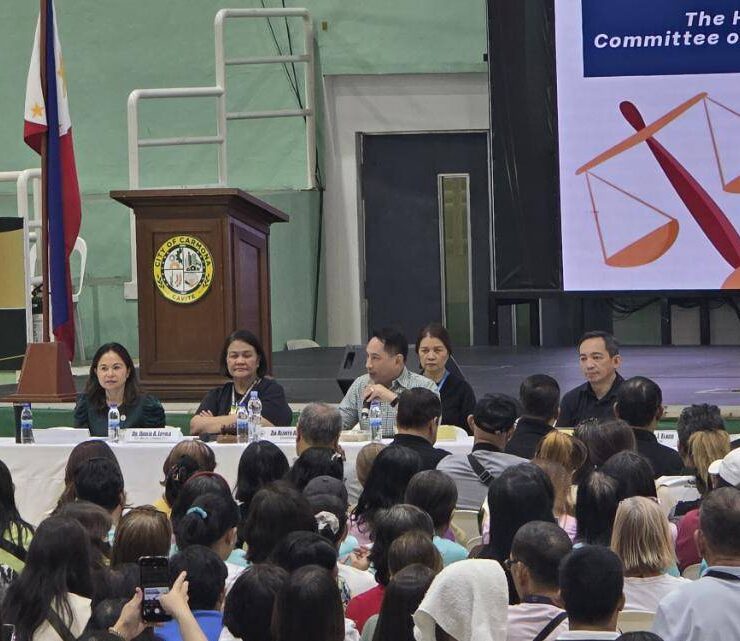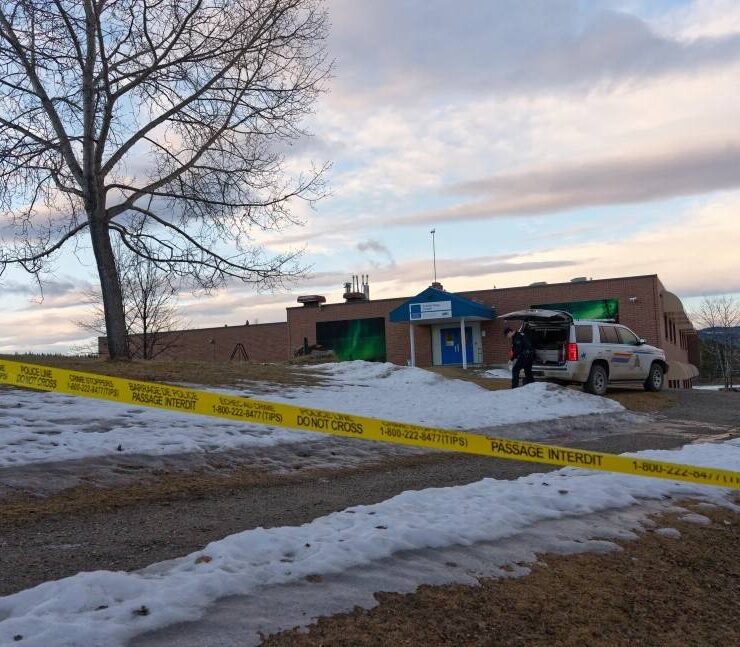When reputations collapse like buildings

The magnitude 6.9 earthquake in Bogo City, Cebu, a few days ago reminds us of the fragility of human-made structures when tested by nature’s force. Age-old churches, modern malls—everything can collapse in seconds. We are taught, again and again, that while disasters may be natural in origin, their consequences are largely shaped by the society in which we live.
That same truth applies to our politics. The earthquake is an apt metaphor for the destructive reckoning triggered by the exposé of massive corruption in flood control projects. Reputations hastily built on tainted money and instant power crumble quickly. And the collapse rarely stops with the principal actors. It spreads, dragging with it institutions, public figures, and communities once thought unbreakable.
In the age of unvetted social media and AI-fabricated images, there is almost no limit to who or what can be tarnished. We saw this in Obando, Bulacan, where a parish council, fearful of being stigmatized, hurriedly returned a pickup truck donated by former district engineer Henry Alcantara once it became clear that the patron is at the center of the nation’s biggest plunder of public works funds. A truck is easy to give back. But what if it was an entire church built with funds from donors now facing corruption charges? How does one return a whole building?
The pursuit of legitimacy takes many forms. The other day I saw a digital card purporting to document the 25th-wedding-anniversary renewal of vows of former congressman Zaldy Co and his wife at the Vatican. The inclusion of a photo showing Cardinal Luis Antonio Tagle with the couple seemed designed to smear the Cardinal and cast doubt on the Church’s moral authority by linking him to a lavish celebration. Guests were supposedly flown in from Manila and billeted at an expensive hotel, all paid for by the now disgraced Co. I found no report of this event in mainstream outlets or credible databases, so the post may well be fake. But, fake or real, such posts can target anyone of Tagle’s stature, especially since he is based in Rome and known to welcome kababayans seeking his blessing.
Pierre Bourdieu’s sociology helps us see why reputations founded primarily on money are so brittle. Unlike old wealth, which has had time to distance itself from its sometimes questionable origins, new fortunes rush to buy legitimacy. The usual route is predictable: run for office or bankroll campaigns; join elite clubs and gated enclaves; show up at high-profile weddings; send children to exclusive schools; bankroll cultural events. Over time, these investments in economic, social, and cultural capital may yield what Bourdieu calls “symbolic capital”—the good name, honor, and legitimacy conferred by society’s gatekeepers: the Church, the state, universities, and award-giving bodies.
But symbolic capital is perception-based. It evaporates once the public sees the money behind it is dirty. Respectability borrowed from bishops, award-giving foundations, or universities (that dispense honorary degrees in exchange for buildings or endowments) vanishes overnight when their complicity is exposed. That is why corruption scandals, especially in highly unequal societies like ours, are so destabilizing. They strip away the aura of legitimacy, laying bare the inequalities and collusions that sustain the entire rotten system.
The flood control scandal has not only sparked outrage at the plunder itself. It has unleashed a broader questioning of political power and wealth. On social media, images proliferate that mock and expose the pretensions of the powerful. What is striking is that this anger comes from all sides—not just the left. That makes its subversive power unprecedented.
This reckoning could unravel more than the corruption of government. It could expose the complicity of the banks that laundered the money, the media that muted criticism, the churches that blessed dubious donations, and the courts that looked the other way. A comprehensive crisis of institutional credibility is unfolding in front of us, even before we can clearly formulate the alternative.
Such a crisis can easily spiral into recriminations and mistrust. But it may also spawn an ethical counterculture durable enough to sustain a new social movement—one that demands an overhaul of our political and economic systems, and transforms the way we produce and distribute wealth, the way we educate the young, and the way we care for our communities and the natural environment.
Earthquakes leave behind ruins but they also open space for rebuilding. The question is whether this powerful quake in our political life will leave us trapped in the rubble of our discontent, or give us the courage and determination to build anew.
—————-
public.lives@gmail.com





















